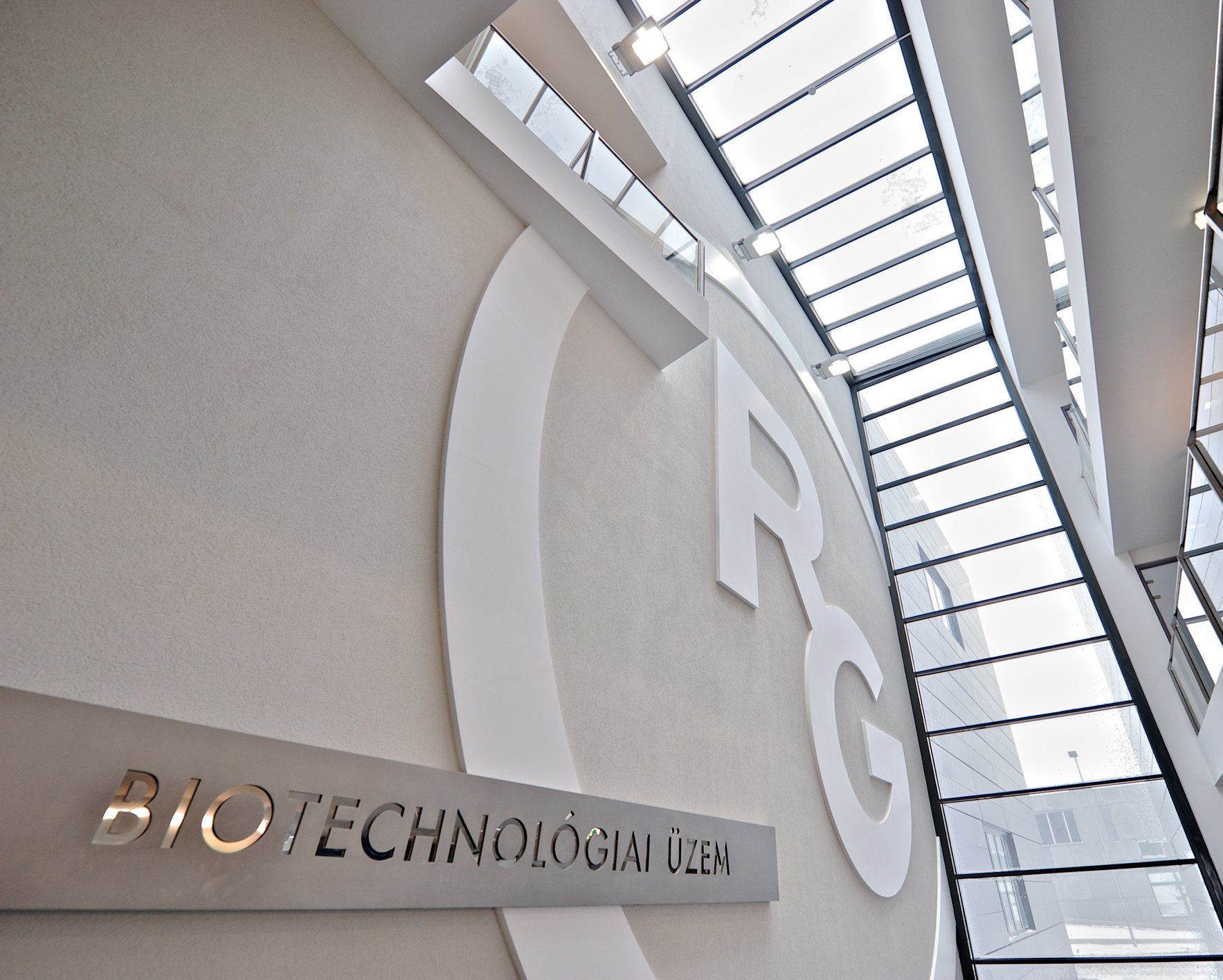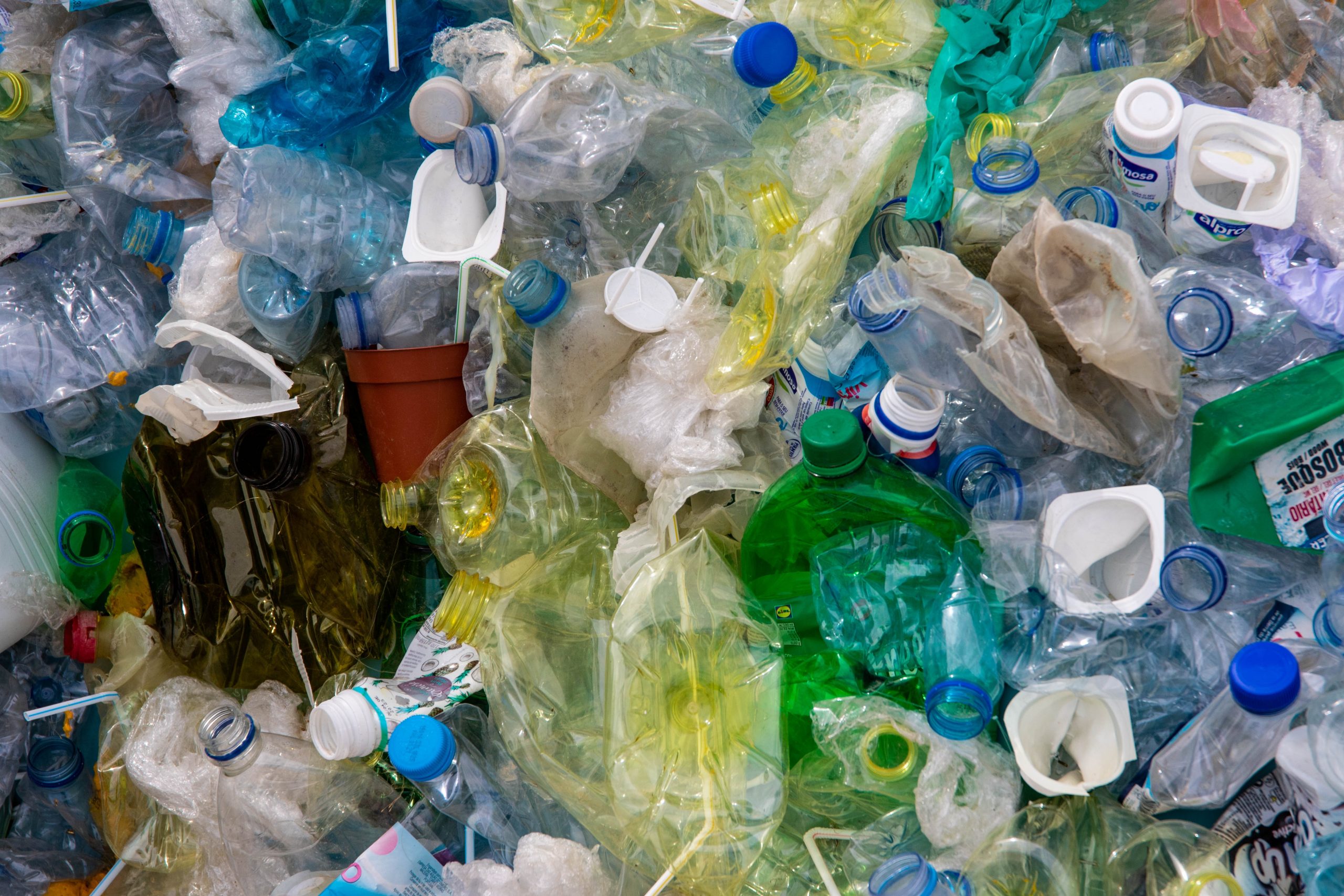
The U.S. Food and Drug Administration has approved a product for depression developed by Hungarian pharmaceutical company Richter.Continue reading

Plastics are a growing problem in the world, with forests full of plastic bottles and entire islands of plastic floating in the oceans. Many people are trying to find a solution, and one Hungarian researcher has now made a breakthrough, reported Szakmaverzum.hu, a Hungarian profession website.
Péter Lajter, the Hungarian founder of Degraway Technologies, has invented a material called DAT1, which can replace the highly polluting plastics used in everyday life. The product already has virtually every possible Hungarian and EU certification, so the way is open for production.
A special feature of the new material is that objects made of it can completely break down in a few weeks after being thrown in the trash, without any micro-plastic waste.
Lajter told Szakmaverzum.hu that the raw material they produce consists entirely of organic components and does not contain the slightest amount of petroleum derivatives. The interview also revealed that the new material can be used to make practically anything, and that devices made from it can be used in industry, agriculture, and healthcare.

Degraway Technologies’ DAT1 material can even be used to make coffee capsules, furniture, and disposable cutlery, among other things.
The inventor said that they have already developed the manufacturing technology, produced a number of tools, and are preparing for industrial introduction. “We are very proud of our product.
To the best of our knowledge, there is no material on the Hungarian or international market that has the same properties as DAT1. We hope that industry will welcome it and we can do something to save our planet,”
emphasized Lajter.
This is not the first time a Hungarian scientist has achieved a breakthrough in the fight against plastics. The Hungarian government aims to phase out single-use plastics, and through its Climate and Nature Protection Action Plan, is helping to develop innovative biodegradable polymers that can reduce the share of plastics made from petroleum derivatives and raw materials.
There is a project for this goal with Bay Zoltán Applied Research Center, which will receive HUF 2 billion (EUR 5 million) over three years from the National Research and Innovation Fund to produce a raw material that can compete with conventional polymers in terms of properties, but does not further burden the environment.
Featured photo via Pexels